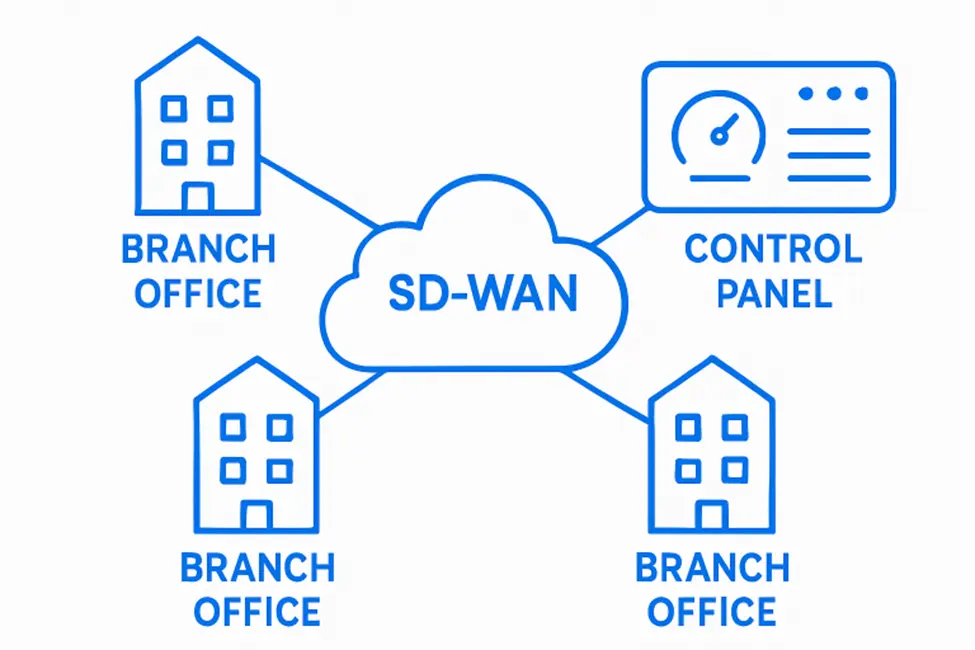For users in Bangladesh, accessing international platforms can sometimes feel like walking through a revolving door—connections fail, payment systems block, and identity checks stall. The reason isn’t always the platform—it’s the infrastructure around it. Local banks, telecom providers, and financial restrictions challenge even a simple login.
But the growing use of cryptocurrency has started changing this—not just for transactions but also for access. That shift is quietly redefining how users interact with platforms like Parimatch, especially when traditional login paths are unavailable or unreliable.
The Problem Isn’t the Login Page — It’s the System Behind It
Most platforms offer a simple login process: mobile number, password, and maybe a two-step verification. However, that process assumes stable telecom services, open payment rails, and verified personal information that matches a global format.
In Bangladesh, that’s not always the case.
SIM card re-registration, multi-network interruptions, and blocked banking cards can easily lock users out — even if their account is active. For many, this has made something as basic as “log in and continue” a complex task.
As a result, people are turning to alternative paths: crypto wallets, VPN access, and browser-based login sessions. The logic is simple — if you can’t go through the main door, you build your side entrance.
Why Crypto Is Becoming the Functional Layer of Access
Cryptocurrency solves more than transaction speed. It removes reliance on local banks entirely. If your only way to fund your account is through a wallet — and that wallet is yours, decentralized, and globally valid — then the platform has no reason to block or re-check your identity through local systems.
More importantly, wallets are tied to unique signatures. These signatures can be used for stable account identification across devices, browsers, and IP addresses. It’s not yet mainstream login tech — but it’s already working in the background to simplify access for crypto-funded accounts.
Users in Bangladesh, for instance, often find that once their crypto wallet is linked and they’ve completed a stable deposit, future entry becomes smoother. There’s less need for SMS verification, fewer interruptions, and no blocked cards to slow down login attempts.
It’s no surprise that people searching for parimatch login bd aren’t just looking for a password page—they’re looking for working access in a limited system. Crypto helps make that possible.
How Platforms Are Adapting — Quietly but Clearly
Most platforms don’t advertise this. But the backend knows the difference between a high-risk account with bank dependencies and a stable, crypto-funded user with consistent login behavior. As a result, platforms adjust quietly: fewer friction points, fewer pop-up checks, and more direct access.
Over time, this becomes self-reinforcing. Users who consistently use wallets to fund their activity are less likely to face login issues — and more likely to maintain long-term access. This pattern is especially useful in countries with shifting regulations, high inflation, or inconsistent mobile verification structures.
The Intersection of Identity, Access, and Anonymity
Another layer that crypto adds is anonymity — not for avoidance but protection. In regions where the legality of certain platforms is ambiguous or enforced unevenly, users naturally seek ways to limit exposure.
Logging in through crypto-backed accounts allows users to maintain privacy without compromising account integrity. This isn’t about evading rules—it’s about maintaining digital identity in a space that doesn’t fully trust traditional documentation.
Wallet-linked identity is global. It’s not bound to SIM cards or national databases. And that independence is exactly what many users in Bangladesh need when trying to access platforms that operate through offshore licenses or regional mirrors.
It’s Not Just About the Login — It’s About Keeping Access
Access isn’t just a one-time event. If your login depends on systems you don’t control — like a Bangladeshi bank or telecom — your ability to re-enter tomorrow isn’t guaranteed. That creates fragility.
Crypto makes that access portable. Your wallet doesn’t expire when your number changes. Your identity doesn’t reset when you switch devices. You own it. That ownership means that login is no longer a gatekeeper — it’s just the first step in a system you actually control.
Conclusion
In Bangladesh, logging into platforms like Parimatch isn’t just about credentials. It’s about stability, access, and avoiding friction. Traditional login systems often tie identity to unreliable telecom systems or restrictive banks.
Crypto solves that — by turning wallets into trust signals and enabling platforms to simplify how users access their accounts. Through crypto-backed identity, wallet-linked access, and non-bank verification, users are not just logging in — they’re reclaiming control.
Also read-Top Careers That Require Technical Drawing Skills




